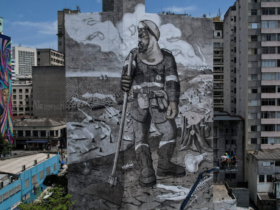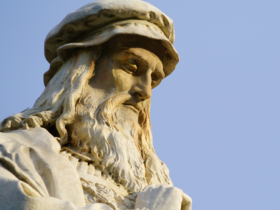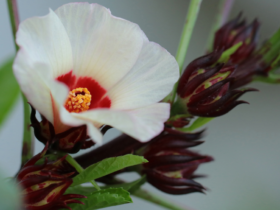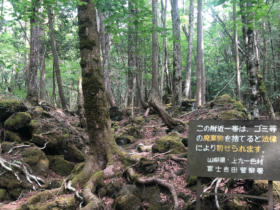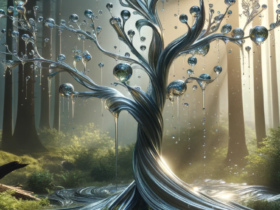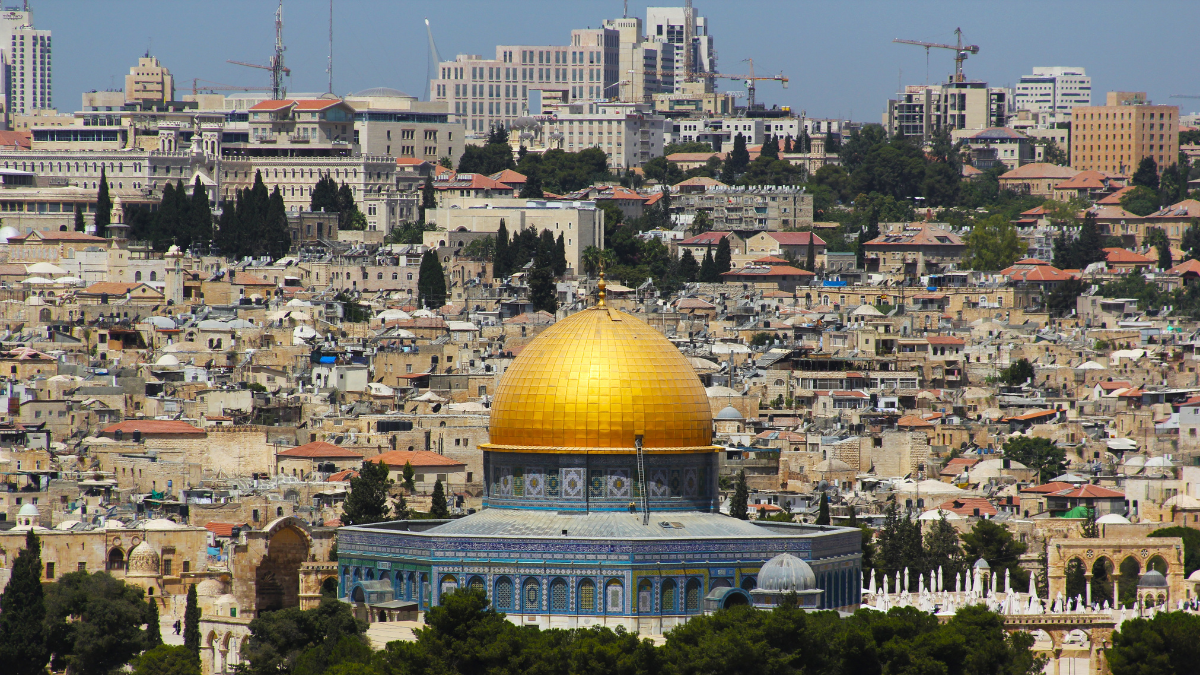Palestine, a name that resonates with historical profundity and cultural richness, stands as an emblem of ancient civilizations, spiritual sanctity, and unyielding resilience. As a land ensconced in the heart of the Middle East, it has been a nexus of religious significance, a cradle of cultural diversity, and a focal point of poignant political discourse. This article delves into the essence of Palestine, exploring the facets that make it a region of unparalleled significance in the global panorama.
The Historical Canvas of Palestine
The history of Palestine is a palimpsest, with each era inscribing its narrative upon the last. The region’s strategic location at the juncture of continents has made it a crucible of human activity for over five millennia. The ancient cities of Jerusalem, Bethlehem, and Hebron are not merely geographic locales but milestones in the human historical odyssey. These cities offer a window into the past, where one can witness the remnants of empires and the whispers of prophets echoed in the old stones and winding streets.
Spiritual Heartland of Abrahamic Religions
Perhaps the most profound aspect of Palestine is its indelible mark on the spiritual map of billions across the globe. For Jews, the Western Wall in Jerusalem’s Old City represents the last vestige of the Second Temple, imbuing the place with profound religious and cultural importance. Christians revere the land as the birthplace of Jesus Christ, with sites such as the Church of the Nativity and the Via Dolorosa standing as testaments to key events of Christianity. Meanwhile, for Muslims, Jerusalem’s Al-Aqsa Mosque and Dome of the Rock are significant as the place where Prophet Muhammad is said to have ascended to heaven, making it the third holiest site in Islam.
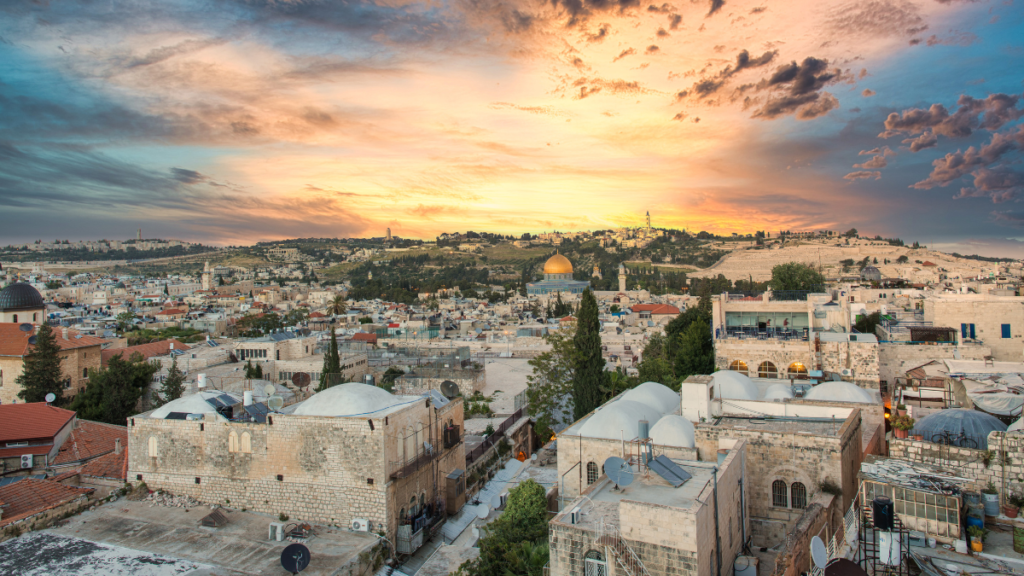
Cultural Intersection and Diversity
The cultural fabric of Palestine is a mosaic, colored by the various peoples that have inhabited its landscapes. Palestinian culture is a symphony of influences—from the traditional Palestinian thobe, adorned with intricate embroidery, to the vibrant dance of Dabke, and the unique flavors of its cuisine. Palestinian food, like the famed Maqluba and Musakhan, tells stories of the land, the seasons, and the people themselves, while olive oil—a product of ancient groves—serves as a symbol of their attachment to the land.
Modern Political Landscape
In contemporary terms, Palestine often finds itself at the center of geopolitical discourse. The Israeli-Palestinian conflict has been one of the most enduring and complex issues facing the international community. Despite the tumultuous political landscape, the pursuit of peace, sovereignty, and statehood continues to be a cornerstone of the Palestinian national identity.
Artistic Expression and Literary Contributions
The artistic and literary output of Palestine is a powerful expression of its identity. Poets like Mahmoud Darwish have captured the essence of Palestinian endurance, while visual artists bring to canvas the vivid hues of hope and struggle. Palestinian cinema, too, has begun to claim its space at international film festivals, showcasing the nuanced narratives of the Palestinian experience.

Challenges and Resilience
Life in Palestine is interwoven with challenges, from political instability to economic hardships. Yet, the resilience displayed by Palestinians in preserving their culture, heritage, and hope for a peaceful future is nothing short of remarkable. This indomitable spirit is the thread that binds the Palestinian narrative together, across all aspects of their society.
Natural Splendor and Tourism
The varied topography of Palestine offers a visual feast—from the verdant hills and valleys dotted with olive trees to the starkly beautiful Judean Desert. The Dead Sea, lying at the lowest point on earth, is not only a natural wonder but also a treasure trove of minerals. Palestine’s potential for tourism is vast, with its rich historical sites, natural beauty, and the warm hospitality of its people.
Conclusion
Palestine is more than just a point on the map; it is a testament to the enduring human spirit. Its ancient stones tell tales of faith, hope, and tenacity, while its people continue to weave the vibrant tapestry of their cultural identity. Understanding Palestine is to look beyond the headlines, acknowledging the deep roots and the outstretched branches of its heritage. Whether through the lens of a historian, the eyes of the faithful, or the heart of a traveler, Palestine offers a unique narrative, rich with lessons of the past and hopes for the future.
Also read about our post on Mexicos Island of Dolls










